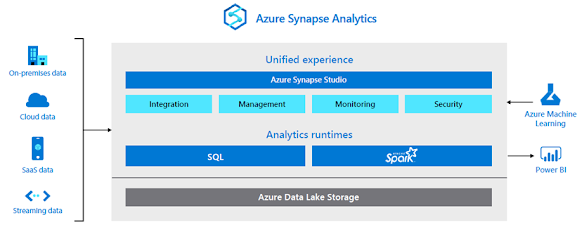Microsoft Teams Adoption Strategies
Microsoft Teams is one of the most fastest-growing office 365 application that helps organisations boost collaboration and productivity. Although it’s gaining popularity, changing behaviours and habits is always met with resistance. To help mitigate these challenges we have put together some strategies that are guaranteed to help increase Microsoft Teams adoption within your organisation!
Create
an adoption framework
Having an adoption framework gives you a
foundation for an agile service management approach. It also enables an ongoing
iteration of adoption throughout your journey with Microsoft Teams and
Office 365.
There are three main phases to the adoption
framework: Start, Experiment, and Scale (from Microsoft). This framework helps
improve the core collaboration that teams can get from utilising Microsoft
Teams. It also allows you to onboard early adopters and people who may become
champions later on.
Make it easier for the end users
Office 365 is a phenomenal platform, but it
needs to be structured appropriately for people to use it as properly as
possible. This is where governance comes in. There have to be specified rules
of engagement that are consistently enforced so end users always know what/what
not to do.
Office 365 governance falls into three
categories of focus as illustrated below:
Quick wins are key
The days of the eight-month IT product
before anyone sees the value from it are over. IT departments want to
understand what Microsoft Teams can do for them immediately. This is why quick
wins are a must!
Now more than ever, organisations need to understand how vital collaboration is to business opportunities and how Microsoft Teams can make an immediate impact. If organisations focus on enabling, empowering and extending the capabilities that Teams provides, they’ll find that quick wins are significantly more achievable.
Leadership
buy-in is key
Making sure leadership is using
Microsoft Teams in their day-to-day collaboration is key. It becomes
significantly harder to ensure lasting adoption if leadership isn’t setting an
example from the top, no matter how hard the rest of the organisation pushes
adoption.
Some key highlights to share with leaders would be that Microsoft Teams can increase transparent and enhance organisational agility.
Activate
champions
Champions can actively rally support for
Microsoft Teams adoption from the inside of your organization. It’s been proven
that organisations who have champion programs are more successful in increasing
adoption of new technologies than those that don’t. If you don’t have one set
up, consider it!
Trusted peer-to-peer interaction is why having a community champion program is so impactful. The champions can help scale learning, do training delivery, and gather feedback on what’s working and what isn’t when it comes to adoption.
Deliver
contextual and continuous learning
There are a ton of different resources that can be shared to help reinforce Microsoft Teams adoption, but what’s the point if they’re not resonating with your end users? If you want your organization’s continued learning to be a success, you need to:
- Ensure training is relevant
- Keep it interactive to engage the participants to learn, and
- Issue homework so that participants are expected to apply what they’ve learned.
If
you are interested in MS Teams or SharePoint related solutions then, please
contact Prometix – enquires@prometix.com.au




Comments
Post a Comment